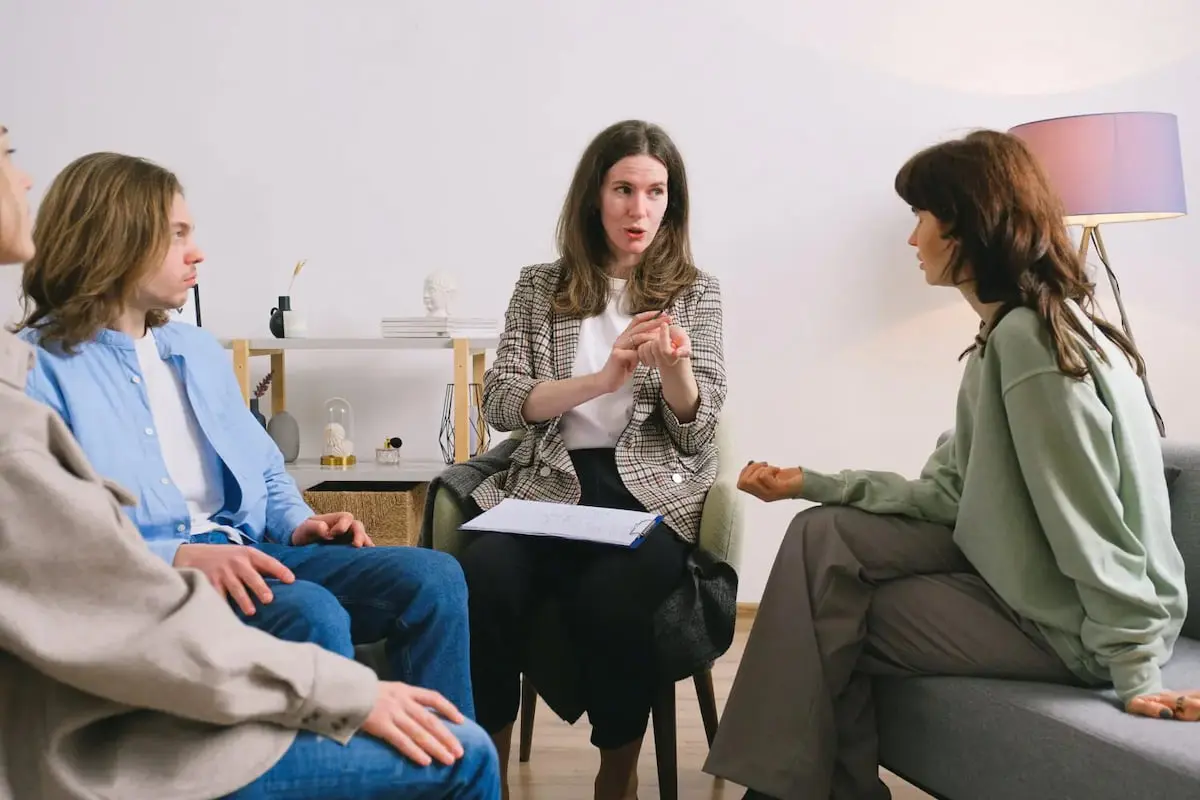24/7 Helpline:
(866) 899-221924/7 Helpline:
(866) 899-2219
Other Insurance Options

Evernorth

Oxford

Carleon

WellPoint

Molina Healthcare

Health Net

Ceridian

GEHA

CareSource

UnitedHealth Group

BlueShield

State Farm

Aetna

Humana

Cigna

Kaiser Permanente

CareFirst

Health Partners

Absolute Total Care

MVP Healthcare










